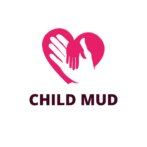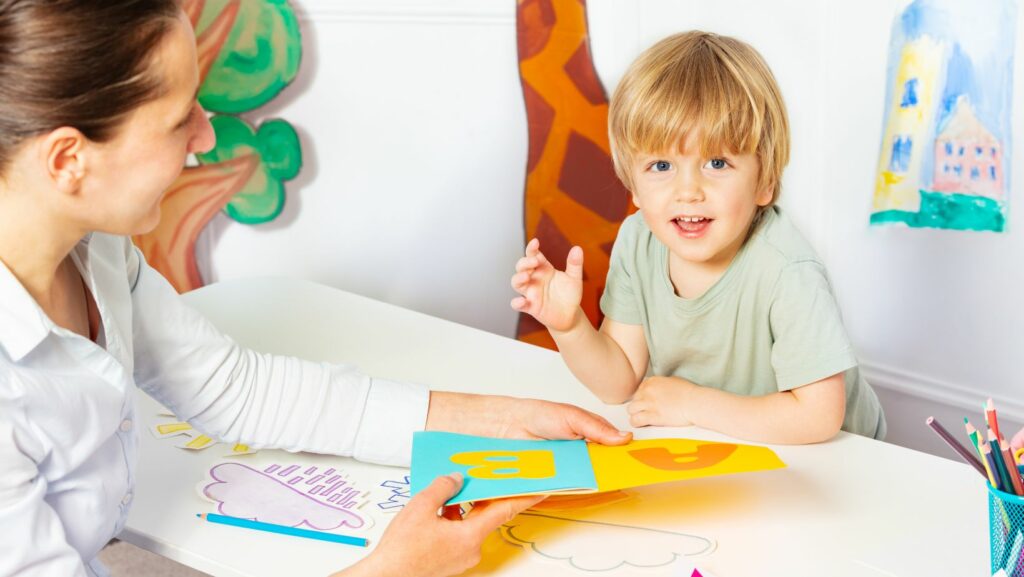Delving into the world of child development, there’s a role that stands out for its significant impact on shaping young minds—the Child Development Specialist. They’re the unsung heroes in the backdrop of every child’s growth story, guiding them through their formative years.
These specialists are more than just observers. They’re trained professionals, equipped with a unique skill set to analyze, understand, and enhance a child’s physical, emotional, and cognitive development. But what does their work entail? How do they make a difference in a child’s life?
Stay tuned as we unravel the fascinating journey of a child development specialist, their roles, responsibilities, and the profound influence they have in molding the future generation.
Child Development Specialist
 Deepening an understanding of the Child Development Specialist, it’s essential to delve into their role. The perception of this profession, alongside the responsibilities and goals, offers a profound insight into their impact on tomorrow’s generation. A Child Development Specialist, in essence, embodies a professional who helps children meet their developmental milestones. Occupying an essential spot in the health and education sectors, they cater to the multifaceted needs of children across birth to adolescence age range. Specializing in different aspects of development, such as cognitive,
Deepening an understanding of the Child Development Specialist, it’s essential to delve into their role. The perception of this profession, alongside the responsibilities and goals, offers a profound insight into their impact on tomorrow’s generation. A Child Development Specialist, in essence, embodies a professional who helps children meet their developmental milestones. Occupying an essential spot in the health and education sectors, they cater to the multifaceted needs of children across birth to adolescence age range. Specializing in different aspects of development, such as cognitive,
Fulfilling responsibilities is crucial for a Child Development Specialist, assuring the attainment of set development goals. Primarily, they conduct assessments and observations, focused on understanding a child’s unique development and behaviour pattern. From forming holistic development plans, crafting individualized treatment strategies, to guiding parents, teachers, and caregivers, they foster a supportive network.
Educational Pathways for Child Development Specialists
 Embarking on a career as a Child Development Specialist requires a significant investment in education and professional upskilling. Children’s developmental health hangs in the balance, and it’s imperative that specialists are well-trained and knowledgeable.
Embarking on a career as a Child Development Specialist requires a significant investment in education and professional upskilling. Children’s developmental health hangs in the balance, and it’s imperative that specialists are well-trained and knowledgeable.
Typically, a bachelor’s degree in Early Childhood Education, Psychology, or a related field lays the foundation for becoming a Child Development Specialist. Some roles require a master’s degree or higher education, especially in instances involving children with special needs.
Certifications largely depend on locale and job specification. However, universally recognized ones include the Certified Child Life Specialist (CCLS) or Child Development Associate (CDA) credential.
| Degree | Field | Certifications |
| Bachelor’s | Early Childhood Education, Psychology | Certified Child Life Specialist (CCLS), Child Development Associate (CDA) |
| Master’s | Special Education, Developmental Psychology |
Continuing Education and Specializations
Beyond initial degrees and certifications, Child Development Specialists often pursue further education and specializations. On-going education, in the form of seminars, workshops, or additional degrees, is critical to staying current with advances in child development research.
Specializations can focus on various aspects like developmental disabilities, early intervention strategies, or counseling. Such focus allows specialists to provide care that’s tailored to specific developmental areas, with resultant expertise often instrumental in handling more complex or severe cases.
| Continued Education | Specializations |
| Seminars, Workshops, Additional Degrees | Developmental Disabilities, Early Intervention Strategies, Counseling |
Skills and Qualities of a Successful Child Development Specialist
 A successful Child Development Specialist possesses a diverse array of skills and qualities. The following subsections delve deeper into key abilities including interpersonal and assessment skills.
A successful Child Development Specialist possesses a diverse array of skills and qualities. The following subsections delve deeper into key abilities including interpersonal and assessment skills.
A cornerstone for proficient Child Development Specialists, strong interpersonal skills facilitate effective communication with children, their families, and other professionals. This involves showing empathy, understanding, and patience, as dealing with children—especially those with developmental issues—often requires a calm demeanor. They’re adept at building trust with children, leading to more productive sessions. Moreover, they engage parents in their child’s growth, imparting guidance for home-based development strategies.
Assessment and Analysis Skills
Adept assessment and analysis skills qualify a Child Development Specialist’s effectiveness. They conduct precise evaluations of a child’s development using validated tools and methods. These assessments cover a broad spectrum, ranging from motor skills and speech to emotional and cognitive development. Post-assessment, they analyze the results meticulously, identifying developmental delays or disorders. Consequently, they devise comprehensive, individualized treatment plans tailored to each child’s unique needs. These plans not only address immediate areas of concern but also anticipate potential future developmental stages.

